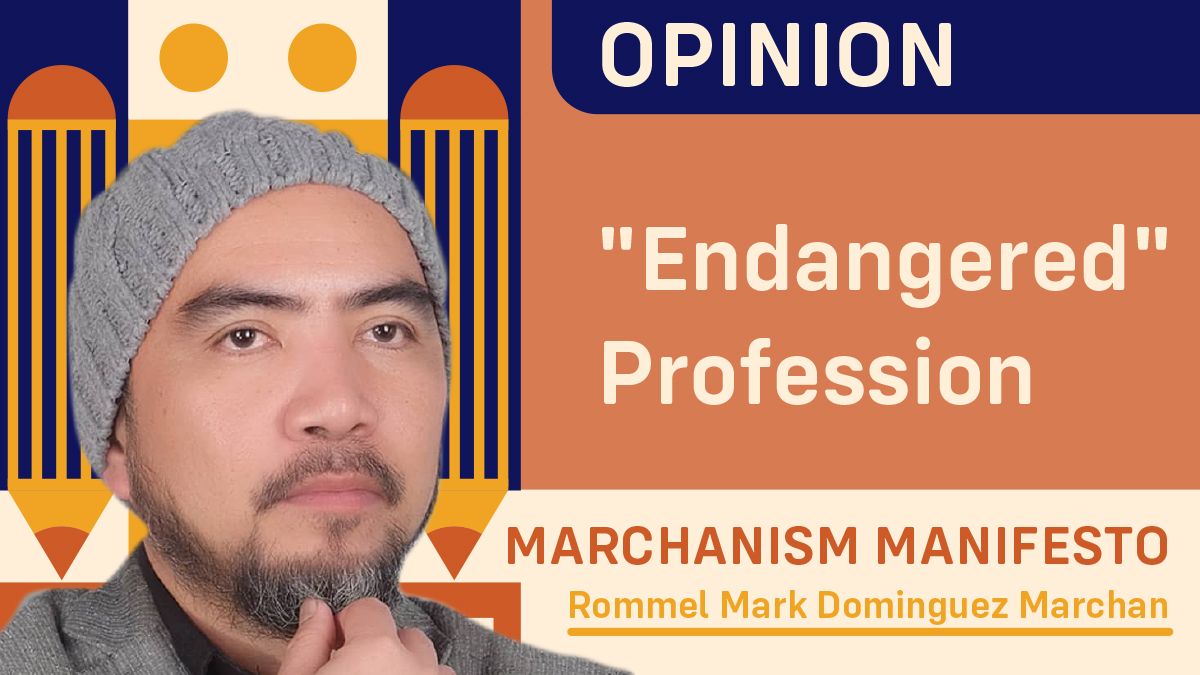Colleagues in the literary world, have you ever wondered whether writers of today, living in the era of Artificial Intelligence (AI), have an edge over those who came before the digital revolution? The answer isn’t so simple.
As someone who has written over 500 poems (both published and unpublished), two novels, a journal, and several unpublished horror screenplays, I consider myself fortunate to have honed my craft before the rise of AI. Back then, I relied on the guidance of my editor and mentor, Rolex Elmido. I still remember sending him bulky manuscript drafts that took months of meticulous manual editing before he emailed them back to me while I was in Dubai.
Today, AI can polish a draft in minutes, making the process faster and more convenient. But some argue that this convenience compromises the credibility of our work, leading readers to question whether it’s truly ours or computer-generated. Those of us who mastered our craft before the digital age have time on our side to validate the authenticity of our creations.
How has the digital era, with its online platforms and AI tools, changed the writing world? And how profound is this transformation?
AI, like it or not, has changed the way we approach writing. From generating ideas to speeding up edits, AI tools have become valuable aids for writers. They help with grammar checks, content suggestions, and even enhancing the overall quality of our work. However, AI cannot replace the human touch—the creativity, emotion, and connection that only humans can provide. AI, for example, cannot reliably detect libelous content or nuances in context.
There’s also the ethical concern: does heavy reliance on AI diminish the unique writer’s voice and creativity that defines a writer? These doubts are valid, and writers need to make sure that their work retains its originality and authenticity.
The future of writing will likely involve a balance—a partnership between human creativity and AI technology. Writers from the digital age have an incredible opportunity to use AI as a tool for innovation rather than allowing it to overshadow their craft.
So, is writing an endangered profession? No, as long as we resist being entirely driven by "fake intelligence." Writing will endure as a human art, defined by our creativity and spirit.
#WeTakeAStand #OpinYon #OpinYonColumn #ColumnbyRommel Mark DominguezMarchan #MarchanismManifesto
